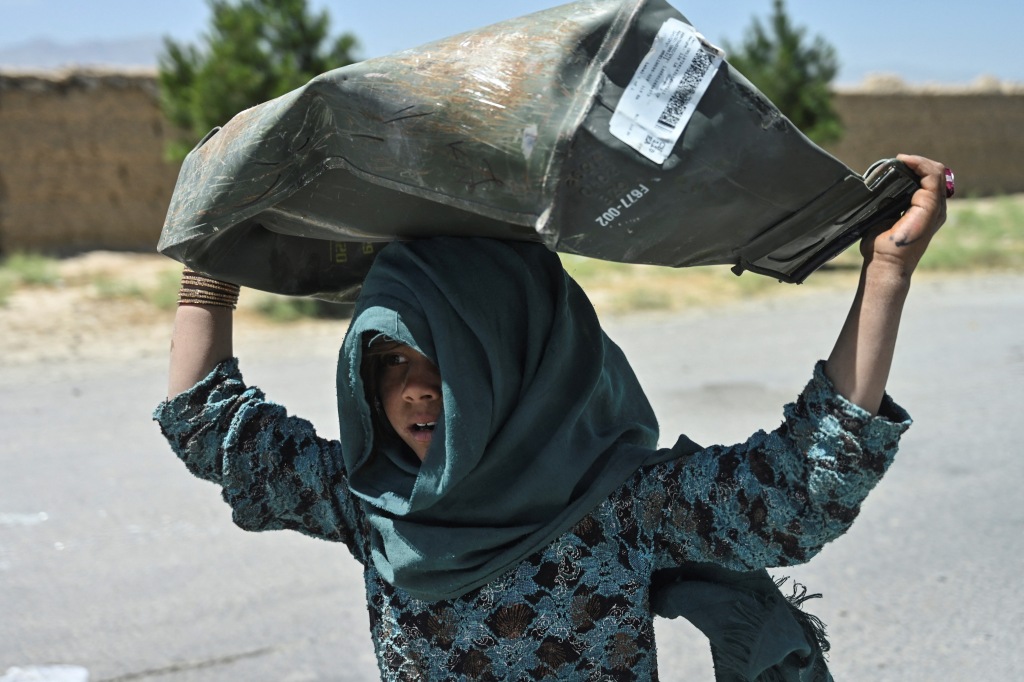W.J. Astore
In my CNN news feed for today, I came across a warning from Army General Austin Scott Miller about Taliban advances in Afghanistan as U.S. troop withdrawals proceed. Conditions are deteriorating (not for the Taliban, obviously) and CNN cautioned that the Biden administration has yet to put together a plan to pursue terrorists in Afghanistan after the troop pullout is completed.
And I thought to myself: yet more evidence of the U.S. military covering its collective ass, for when the Taliban does take over, which it has been doing over the last decade, America’s generals can say, See, we told you so. We told you not to pullout too quickly. We told you this would happen, despite all those hard-fought gains we’d secured (always “fragile” and “reversible,” though, in the words of General David Petraeus). So when the “loss” does come (Afghanistan was never ours to “win” to begin with), it’ll be Biden’s fault, not ours.
In short, if we lose Afghanistan, we in the military are not to blame. You’re to blame.
Of course, this is patently ridiculous for so many reasons. I’ve written a lot about the Afghan war, and read more, so in a nutshell here’s why General Miller and Company are full of it:
- The U.S. military had nearly 20 years and billions and billions in resources to train, equip, and field an Afghan military, yet all those efforts gained little.
- The U.S. military had nearly 20 years and a trillion dollars in resources yet failed to defeat the Taliban.
- Before Biden ordered the troop pullout, the Taliban had already secured most of the country. This was also true when Trump as president considered withdrawing but was talked out of it by his generals.
As the saying goes in Afghanistan, the Americans have the fancy watches but the Afghan people have the time. Afghanistan never was America’s to win. And with respect to terrorism, the presence of U.S. and allied troops there only served to exacerbate the conflict. More and more military hammer blows only shattered the country further, causing more devastation, more desperation, and more extremism. The U.S. military seemed to specialize in killing the second- or third-ranked “terrorist” leader, over and over again, only to see a generally younger, more extreme leader rise to take his place. It was a terrific tactic for perpetual war, but it was hardly one suited to producing victory, whatever that might look like.
So American troops are leaving places like Bagram like thieves in the night, leaving behind lots of junk and a legacy of violence and destruction. If one photo can serve to sum up our withdrawal, consider this one of an Afghan girl at work carrying scrap metal (Made in USA!) for money:

Well, that makes me proud to be an American.
Update (7/9/21):
Biden’s speech yesterday on Afghanistan was the usual claptrap. He claimed the U.S. didn’t go to Afghanistan to nation-build, even though the Afghan surge was all about defeating the Taliban while installing a “government in a box” for the Afghan people. All that effort by so many agencies to create an Afghan justice system, security forces, and so on so as to create the fundamentals of a government — all forgotten now because they failed. Meanwhile, the Afghan forces the U.S. military “trained” are folding quickly, flooding Afghanistan with even more weaponry.
I got this in my news feed from the New York Times:
In Forceful Defense of Afghan Withdrawal, Biden Says U.S. Achieved Its Objectives
By Michael D. Shear, David E. Sanger and Thomas Gibbons-Neff
The president insisted that the United States had done more than enough to empower the Afghan police and military to secure the future of their people.
Look at the way this is structured. First the lie that we achieved our objectives. Then the idea that the way to “secure the future” is to create strong police and military forces. That is surely an idea that’s made in militarist America — that you secure the future through strong police and military forces. It’s the very opposite of what a democratic society would argue. But it is the approach of an authoritarian empire.

